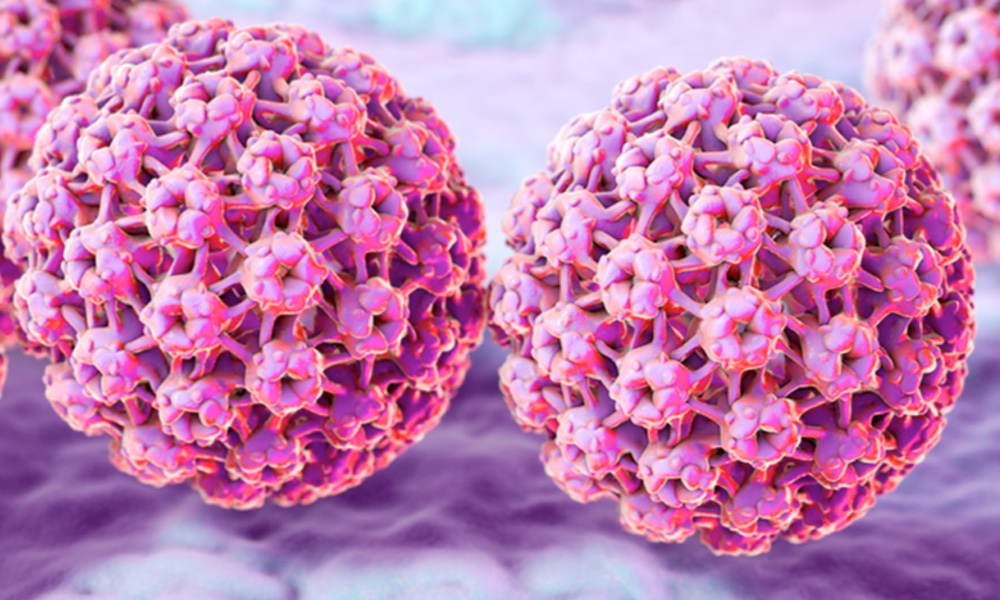HPV or Human Papillomavirus is known for causing a majority of cervical cancers. But HPV also threatens men, causing tens of thousands of cases of oropharyngeal (throat and mouth) cancer per year.
New data analyses from The University of Texas Health Science Center at Houston project that 934,000,000 cases of male throat and mouth cancer can be prevented this century if eight out of ten adolescents were vaccinated against HPV.
This statistical model is the first validated measure of its kind to look at projected cases of HPV-related oropharyngeal cancers that could be prevented with HPV vaccination. According to the most recent data, only 54 percent of American adolescents are currently fully vaccinated against HPV.While it may seem odd to vaccinate preteens for STDs, children benefit from protection against the strains of HPV that cause cervical or oropharyngeal cancers well before they become sexually active.
Unlike most other types of cancer, rates of oropharyngeal cancers are rising rapidly among men, leading public health experts to investigate innovative ways to tackle the problem. Luckily, effective HPV vaccines have already been developed and are widely available. Researchers predict that if an 80 percent vaccination rate is reached, oropharyngeal cancers among men could become a thing of the past by the 2070s.
Countries such as Australia have taken measures to promote HPV vaccination with the goal of virtually eliminating cervical and oropharyngeal cancers in the not-so-distant future. Researchers hope that these findings could be used to help craft a similar policy in the U.S. and increase education about HPV vaccination’s benefits.
Previous campaigns promoting HPV vaccination have primarily focused on young girls and women, given the connection between HPV and cervical cancer. But men carry, spread, and are affected by the virus, too. By pivoting to messaging that focuses on the non-gendered oropharyngeal cancer, researchers may be able to increase vaccine uptake among young boys and men, too, lessening the spread of the virus even further.
Human papillomavirus vaccination rates have plummeted over the past year and a half as HPV vaccines have taken a backseat to COVID-19 vaccination efforts. Healthcare professionals will need to redouble their efforts to encourage adolescents and preadolescents to get the vaccine.
The study is published in The Lancet Regional Health—Americas.





